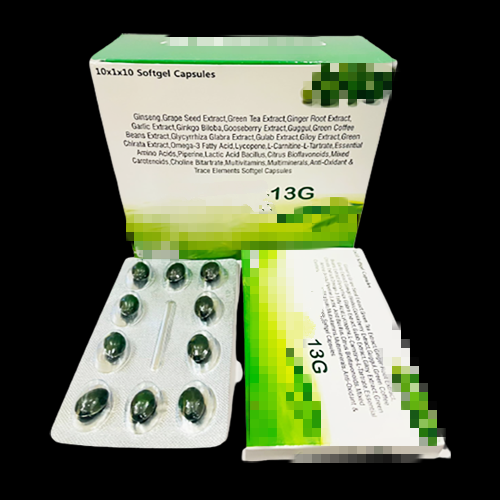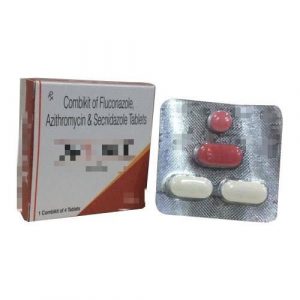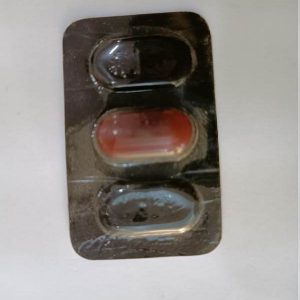Methylcobalamin
Methylcobalamin (vitamin B12)
Generic name: methylcobalamin (vitamin B12) oral/injection [ METH-il-koe-BAL-a-min ]
Brand names: Methyl B-12, Vitamin B12 Methylcobalamin
Dosage forms: injectable solution (1 mg/mL; 10 mg/mL; 5 mg/mL); oral capsule (2000 mcg); oral lozenge (1 mg; 500 mcg); oral tablet, disintegrating (1 mg); sublingual tablet (5000 mcg)
Drug class: Vitamins
methylcobalamin OR mecobalamin are interchangeable. The extended version of mecobalamin is methylcobalamin. Vitamin B 12
What is methylcobalamin?
Methylcobalamin is used to treat vitamin B12 deficiency. Vitamin B12 is important for the brain and nerves, and for the production of red blood cells.
Methylcobalamin is sometimes used in people with pernicious anemia, diabetes, and other conditions.
What is mecobalamin used to treat?
Methylcobalamin (MeCbl), the activated form of vitamin B12, has been used to treat some nutritional diseases and other diseases in clinic, such as Alzheimer's disease and rheumatoid arthritis.
Can we take Mecobalamin daily?
Can I take methylcobalamin daily? Methylcobalamin is a naturally occurring form of vitamin B12. It is a kind of vitamin supplement. For best bioavailability and absorption of methylcobalamin, a daily dose is recommended to make it more beneficial or effective, but consult your doctor.
Mecobalamin is an active form of vitamin B12 that has been suggested to be beneficial in improving nerve conduction and neuropathic pain symptoms.
Vitamin B-12 is present in some foods and helps with proper nerve function and red blood cell production. People who don't get enough vitamin B-12 may have a higher risk of neuropathy and other nervous system (neurological) problems.
Common side effects of methylcobalamin may include:
- nausea, vomiting, diarrhea;
- loss of appetite; or
- headache.





